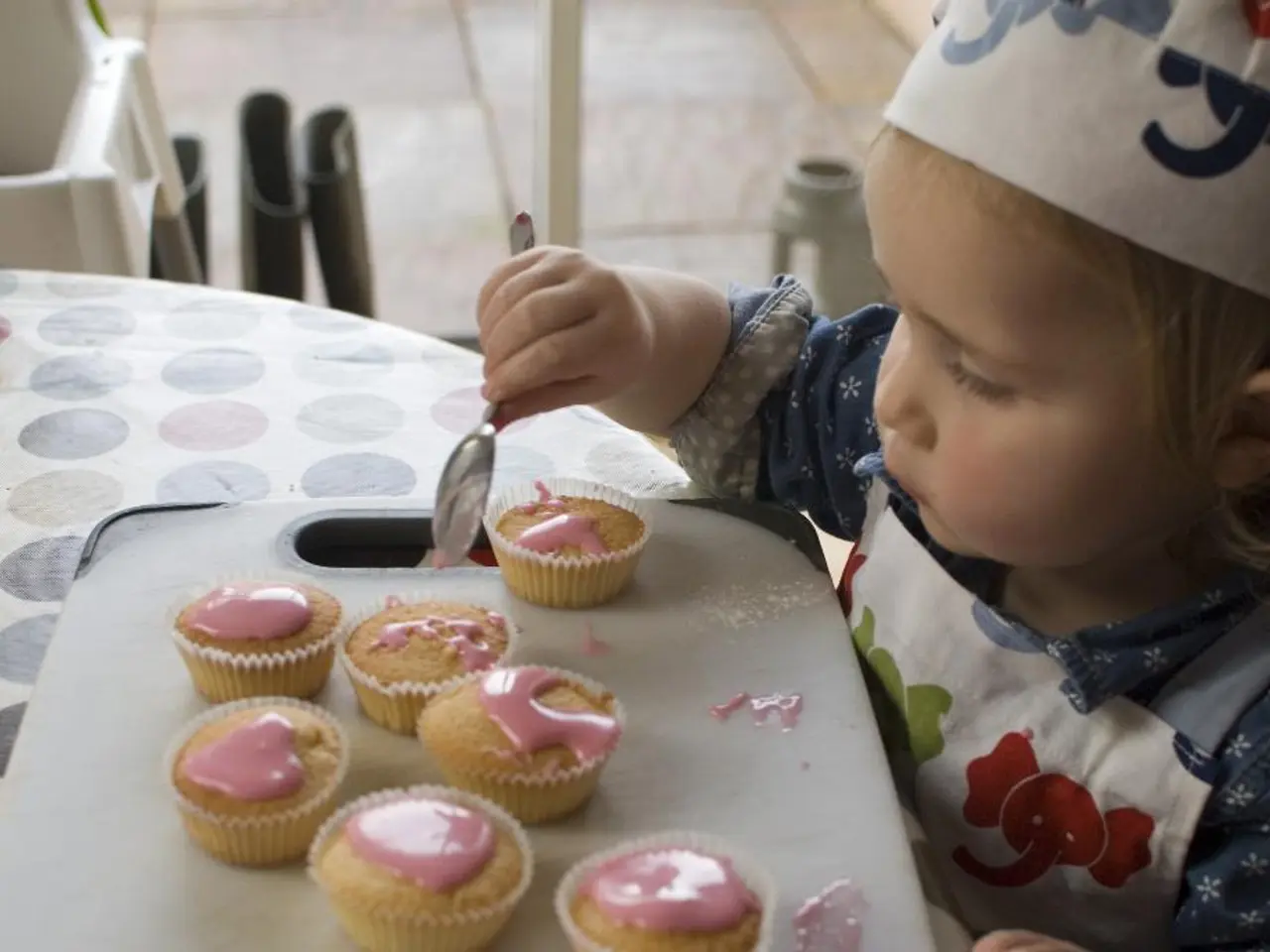Intensive Parenting Methods and Their Impact on Children
In recent years, the trend of hothousing has gained significant traction, particularly in response to the competitive world and unrealistic expectations parents often have for their children. This approach, which involves pushing children academically beyond their intellectual and cognitive readiness, starting from infancy, is a common practice in many countries, including South Korea, China, Japan, and the United States.
However, most experts contend that child-centered exploration and learning are more conducive to mental, emotional, and life skill development in children. They argue that children learn primarily through movement, spontaneous engagements with others, and free play.
Examples of early enrichment methods, such as playing classical music for babies and using visual flashcards to prepare kids for math and reading skills, are not necessarily harmful. But when these activities become structured and intense, as in the case of hothousing, they can lead to increased stress, reduced creativity, mental health issues, and burnout for the children involved.
The consequences of hothousing are not limited to the academic sphere. Hothoused children often lack autonomy to deal with a chaotic and unpredictable world, leading to high anxiety and psychological problems. They may also become resentful of their parents for pushing them so hard and exhibit disorganized behaviors.
The trend of hothousing developed partly due to increasing competition among students for a place in elite schools and colleges. This competition has led to the growth of a multi-billion dollar industry in the United States, involving private tuitions and a range of extra-curricular activities, including music and language classes, kinder-gyms, and after-school math and language classes.
Despite its popularity, there's no evidence to show that hothousing gives children any form of advantage in the long run. While it can lead to increased academic performance, the costs may not be realized until the children become adults. Hothoused children may develop anxiety, depression, low self-esteem, and a reluctance towards learning. Their days are often overscheduled with little to no break time, and they may forego friendships and leisurely activities.
It's important to note that hothoused children are not the same as gifted children. Gifted children have an inherent desire to learn, and their learning activities are often self-led. Hothousing, on the other hand, involves pushing children beyond their cognitive age, which can lead to negative outcomes.
The effects of hothousing vary according to cultures and their levels of stress tolerance. In some cases, it may be considered responsible parenting in certain Asian countries. However, the general consensus among experts is that a more child-centered approach to learning and development is more beneficial for the holistic growth of children.
Amy Chua, author of the book, The Battle Hymn of the Tiger Mother, coined the phrase "Tiger Mum" to refer to parents who push their children towards academic excellence to stay ahead of the competition, often at the exclusion of friendships and other activities. This approach, while popular, may not be the best way to ensure a child's overall well-being and success.
In conclusion, while the competitive world may push parents towards hothousing their children, it's crucial to remember that a child-centered approach to learning and development is more conducive to mental, emotional, and life skill development in children. A balanced approach that considers the child's needs, interests, and pace of learning is likely to yield the best results in the long run.








